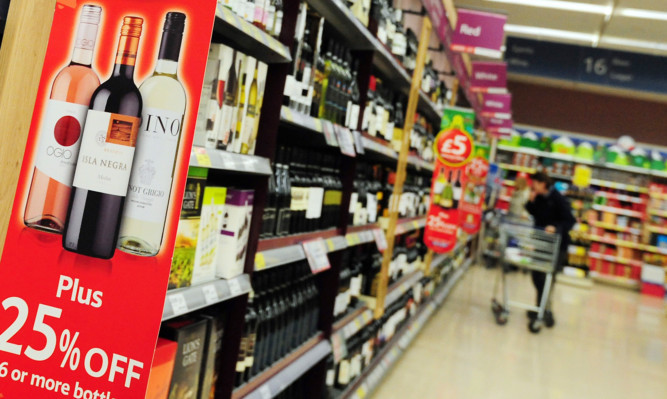The average supermarket contains enough supplies to keep a person fed and watered for more than half a century, a scientist has predicted.
Dr Lewis Dartnell said large stores are stocked with non-perishable goods to last one adult 55 years.
The author and astrobiology scientist conducted the research on how the UK could survive an apocalypse ahead of his appearance at The Big Bang UK Young Scientists and Engineers Fair in Birmingham next month.
Research also discovered around one-third of the population (36%) keeps a grab-bag of essential items in case of disaster.
While the research shows food (61%), medical supplies (53%) and even mobile phones (47%) were top of people’s lists to grab as they run from home in the event of an emergency, fewer recognised the importance of taking matches (22%) or a simple bottle (10%), which could be used to disinfect water.
Dr Dartnell, author of The Knowledge: How To Rebuild Our World From Scratch, said: “Clearly we shouldn’t be worrying 24/7 about a potential apocalypse but it’s interesting to take a snapshot of where we are now and how we’d fare – individually and as a society.
“People’s survival instincts are strong but without a greater focus on Stem (science, technology, engineering and maths) skills, the speed at which we’d return to ‘society as we know it’ would be seriously impeded.
“Rather than duck and cover, the country needs to know how to stand and recover from any disaster.”
* The Big Bang Fair is free and runs from March 16 to 19 at the Birmingham NEC. For more information and tickets, go to www.thebigbangfair.co.uk.
